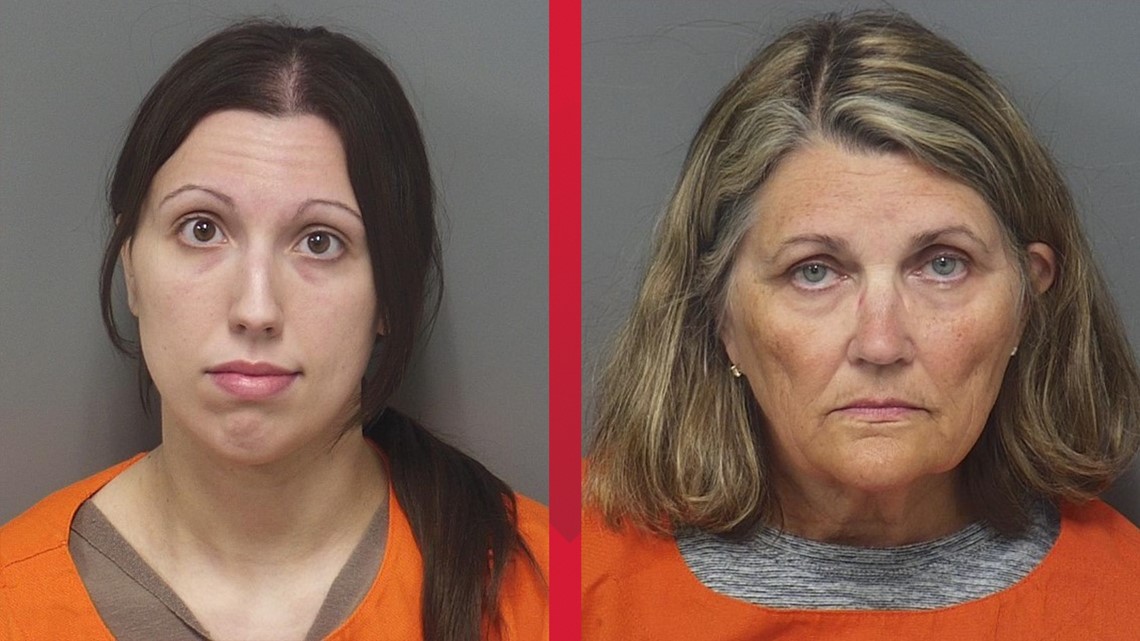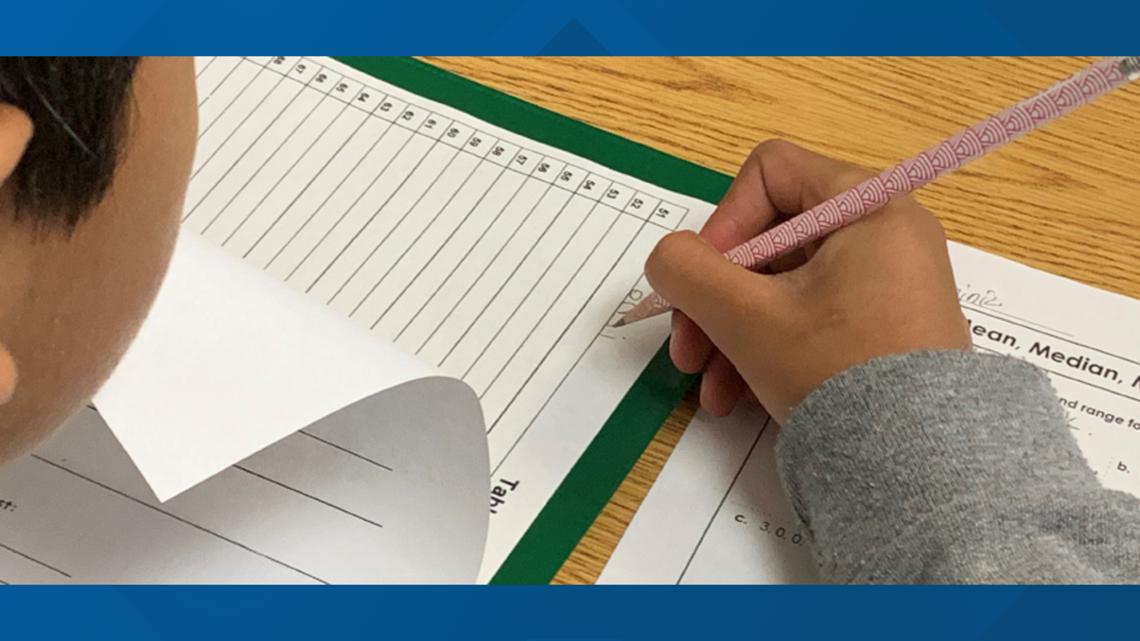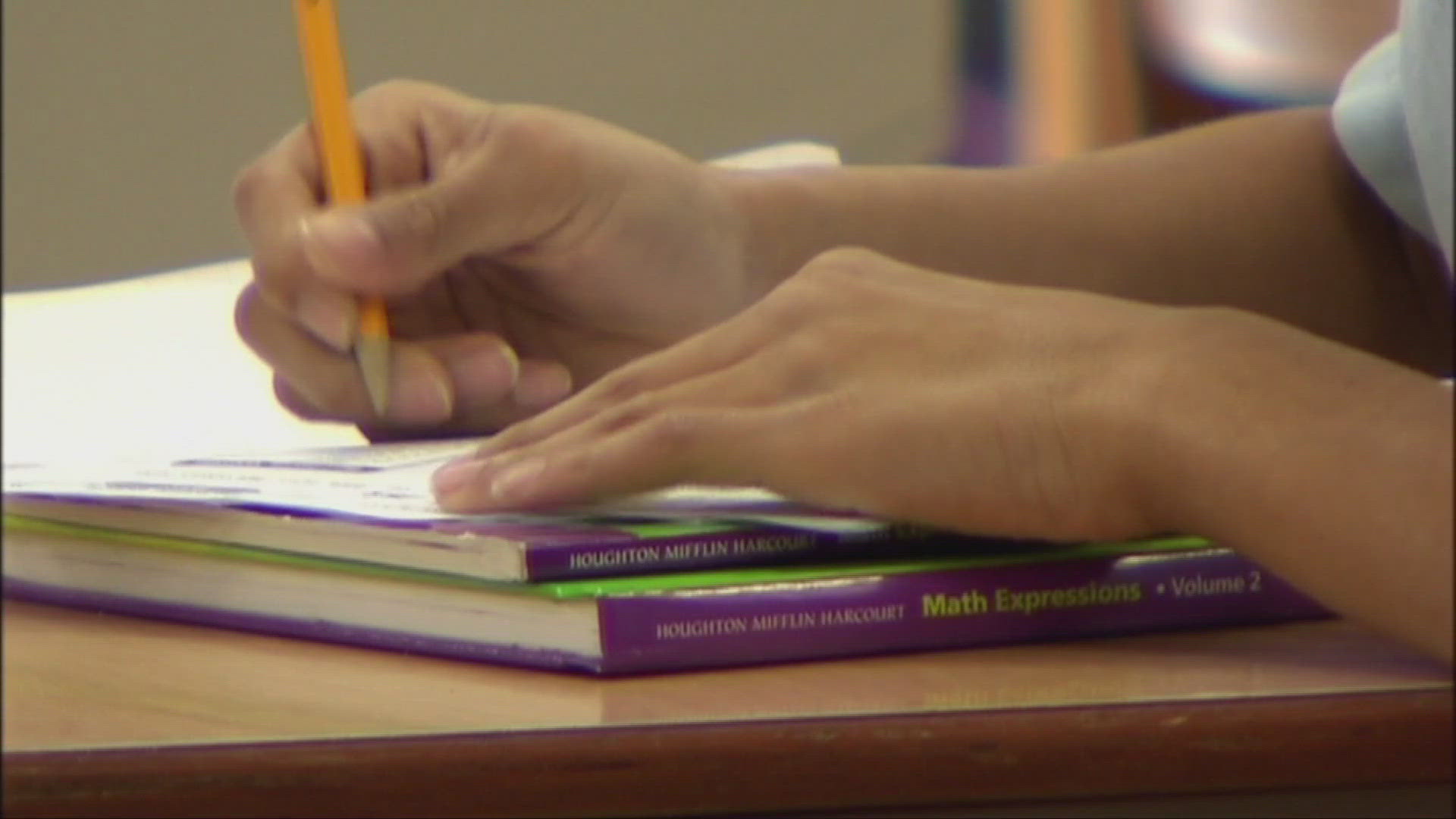INDIANAPOLIS — A proposed law before Indiana lawmakers could put cameras in certain classrooms to monitor some of the state’s most vulnerable children.
Under House Bill 1073, cameras would go in special education classrooms where there are students with severe disabilities. Cameras would also go in rooms where students with special needs are secluded or put in time out.
The bill’s author, Rep. Becky Cash, R-District 25, said the bill was in response to incidents across the state.
“Multiple situations have come to light in Indiana regarding the safety of our special needs children in schools,” said Cash.
One incident led to several teachers and aides being fired and charged criminally, after a special needs student in Brownsburg was forced to eat his own vomit last year.
The incident was all captured on video from cameras in the school cafeteria.


“I want you to consider if these were your children or your grandchildren would this be good enough for you to not have them protected,” said Michelle Tucker, who has a son with special needs.
Parents, including Tucker, spoke in favor of cameras, saying they not only offer protection for students but teachers, too.
“Knowing their actions are being recorded can encourage educators to seek de-escalation strategies and alternative interventions before resorting to more restrictive measures,” said Amanda Feinburg, whose 6-year-old daughter has Down syndrome.
“In her short life, she has been dragged across a floor by her arm, secluded from others and wrongfully restrained,” Feinburg said.


“In situations where the use of seclusion or restraint is disputed, footage can offer critical evidence,” said Feinburg. “It can shed light on the circumstances leading to the intervention, the actions taken and the student’s response.”
Some educators wondered if cameras would really help.
“There is no way to ensure that these situations would only occur in the cherry-picked areas specified in current language,” said Doctor Linda Watkins, director of special services at Wayne Township Schools.
Watkins said schools need to focus more on adequate training and support for staff.
Others worried about how cameras would affect their ability to hire.


“It is very hard to get teachers who are qualified in our buildings right now,” said Superintendent Todd Hitchcock with Shelby Eastern Schools. “I would say it’s even harder to find teachers for special education classrooms."
“If I’m a 20-year (teaching veteran) and I’m trying to decide what I want to teach, if I have an option of going into a classroom that’s not recorded all the time, versus one that’s recorded all the time, why I would put myself in that scrutiny?” Hitchcock asked.
If House Bill 1073 becomes law, schools would be required to keep recordings for at least 60 days so a parent could view them if there was an incident. Teachers could also request to view the footage, too.
HB 1073 passed out of committee by a vote of 8-2. If it becomes law, cameras will have to be installed no later than July 1, 2025.

